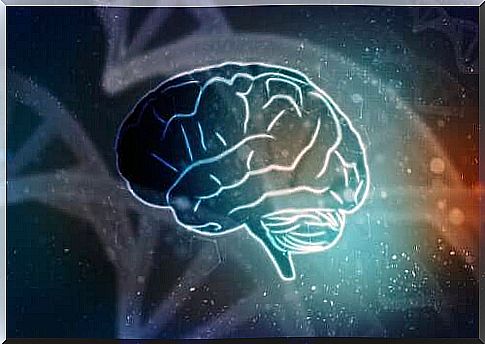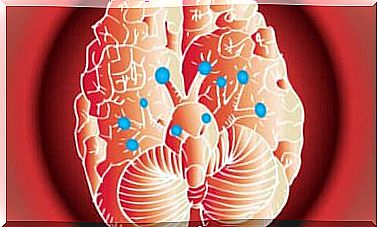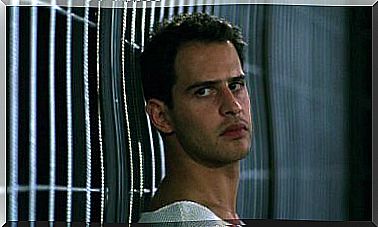I Want To Die Young, As Late As Possible

I want to die young, as late as possible. In Iñaki Gabilondo’s program, Cuando ya no esté (Spanish program), a group of scientists analyze the progress of science in terms of cell rejuvenation and the impact it would have on the aging of the population. There is no empirical evidence that longevity has reached the threshold of 120 years. This therefore opens a window to a longer life expectancy.
Aubrey de Gray, a biogerontologist trained at the University of Cambridge, is a researcher known for his firm belief that indefinite life expectancy is possible. It is sure that scientists will be able to stop the aging of the human body. But also to develop strategies to restore our youth.
Some members of the scientific community also defend these precepts. It is very possible that in the next 20 or 30 years we will be able to develop medicines that are capable of transforming a person aged 60 or 70 into a young person of 40 or even 30 years.

I want to die young, as late as possible
The people who will live 130 years have already been born. This is the direction in which Juan Carlos Izpisua, a Spanish pharmacist whose publications focus on the biology of stem cells and their development, is going.
His studies are directed towards the identification of the molecular and cellular mechanisms responsible for the development of the embryo. His contributions have enormous potential in the fields of transplants and the fight against aging.
A team of researchers from the California Institute of Technology (Caltech) and the University of California, Los Angeles (UCLA) have succeeded in developing a technique that eliminates the damage that accumulates in cells with the ‘age. The method could help stop or even reverse one of the main causes of aging.
The team of scientists, under the leadership of biologist Nikolay Kandul, has succeeded in finding, in effect, a way to eliminate the genetic mutations that accumulate in the mitochondria. These are small granules responsible for producing energy inside cells. The study was published in 2016 in the journal Nature Communications.
Life on our planet is formed by the combination of four letters, ACGT. A human cell has about 3 billion letters. Small errors in the alphabet of a cell cause diseases, some of them incompatible with life. We can slow this down thanks to new advances in cell regeneration.
Will we one day be able to slow down the progressive aging of the human body?
The proof that a cure for aging is possible is found in the fact that there are already cells in nature that do not age, such as germ cells , carcinogens or certain bacteria. In biology, the most famous cells are HeLa, thanks to which it was discovered – as early as 1951 – that cancer was immortal, it does not age.
This new immortality will change the concept of society as a whole. Indeed, as is the case with stem cells, which never age, we can apply this to the whole body.

However, there is a crucial date: 2029. This is the year when Alan Turing’s test will see the light of day. This British scientist assured that the day would come when a human being would no longer be able to distinguish whether he was speaking with a peer or with some other form of artificial intelligence.
Each technology helps to create new technology. There is thus an acceleration of the acceleration. This will allow in 10 or 15 years that a human brain can connect to the Internet. Technology will play a crucial role in reversing aging.
In the future, the very act of speaking, which is a primitive ability, will be done through telepathy. Thanks to technological progress. As if it were magic.









